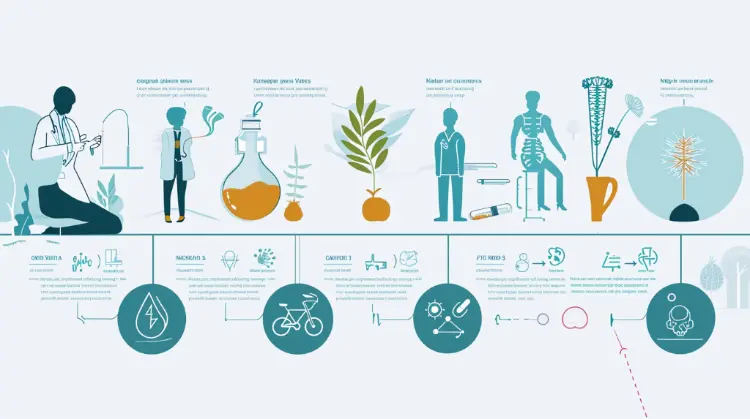This article offers an in-depth guide to making well-informed health care choices. It underscores the significance of comprehending your health condition and the available treatment alternatives before opting for intensive medical procedures. The article also introduces a six-step decision-making process that can assist individuals in navigating through various treatment levels, ensuring effective management of their health condition.

Our health and well-being approach is significantly shaped by the paradigm through which we perceive health and its attainment. In this context, a paradigm refers to a pattern, model, or standard that structures our thoughts and actions. It's not just a set of practices and techniques, but a way of understanding and analyzing that shapes our worldview, including our perception of what is possible.
For example, Western medicine adheres to a paradigm that values the scientific method, objectivity, and the use of technology for precise diagnosis and treatment. It perceives disease and illness as something that needs to be rectified or eradicated, and health is narrowly defined as the absence of disease.
While Western medicine is highly effective in emergency and life-saving situations, its intensive methods may not be suitable for all health conditions. The use of potent, active treatments often carries negative side effects and requires a highly trained expert to administer. Issues may arise when such intensive techniques are used in non-emergency situations.
To avoid unnecessary intensive treatments, it's crucial to have a logical decision-making process. This process is not intended to replace professional medical advice, but rather to empower individuals in understanding their available options and making well-informed decisions.
In a safe and comprehensive care system, all these steps are addressed in sequence, avoiding unnecessarily aggressive actions. Each step builds a stronger foundation for the body to heal itself in the next step. The speed at which you move through these steps depends on various factors, including the actual situation, your support system, past experiences, your knowledge, and even your gut feelings.
By following this decision-making process, you can eliminate the guesswork, confusion, fear, and feelings of powerlessness often associated with health care decisions.

Let Nature Restore You
The importance and simplicity of taking a break in a natural environment.
Decode the Language of Your Energy
What do I really want? - Try reading your personal energy field to figure out what to do.
"My Body Knows What's Best for Me" - Can You Really Trust Your Intuition?
Summary: Exploring the complex relationship between intuition and physical health, this article delves into whether one can truly rely on bodily cues for well-being. It highlights the importance of a balanced brain and body, and the risks of misinterpreting signals due to imbalances such as high stress or addiction.